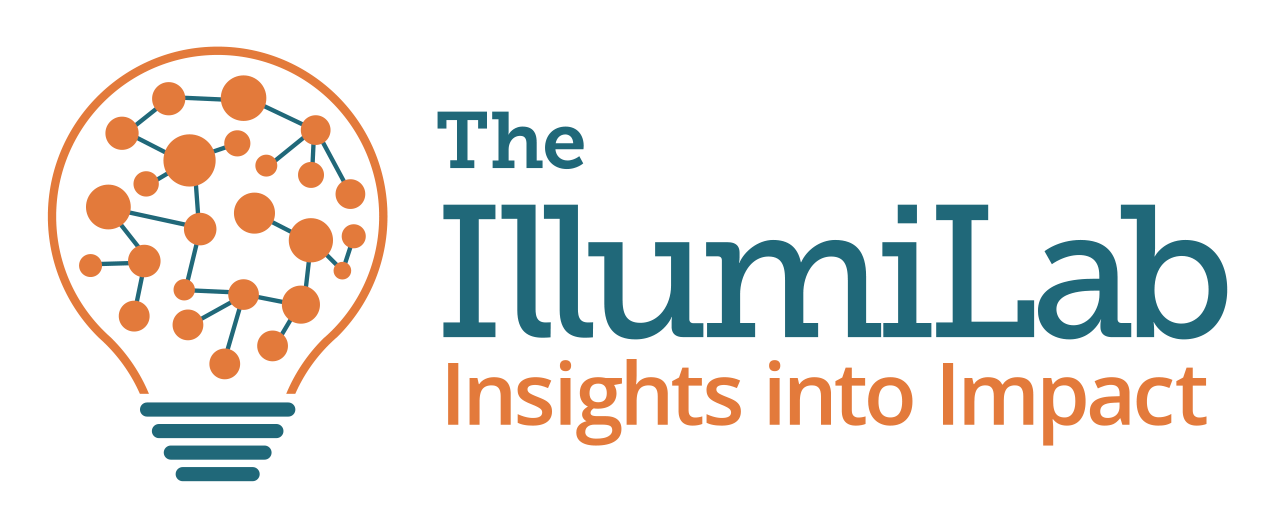In my last post, I argued that this crisis is an opportunity to re-imagine your work. It has the potential to change the way we define our Why, What, and How as organizations. In this post, I want to focus on our How – the processes we use to serve our clients, lead our teams, operate or organizations, and satisfy our stakeholders.
This pandemic is changing everything.
It’s changing the needs of those we serve and the staff who serve them; the way we come to know of and understand those needs; the way we deliver and document services; the way we interact with our staff, Boards, volunteers, and donors . . . and on and on. With each of these changes, the old ways of working become less effective or efficient and perhaps even nonsensical.
We need to change the way we work.
We need to improve or entirely redesign some of our processes. Or we need to design processes where none ever existed before, because this new way of working requires more intention, clarity, and focus. Though we might have been able to make it up as we went along before, now that way of working isn’t manageable, so we have to explore ways to articulate, organize, and document our How for the first time. In this post, I describe the difference between Personality-Driven, People-Driven, and Process-Driven organizations and argue that the first two types of organizations are particularly vulnerable during times of change (ahem! Like now!). What’s driving your organization?
Do you need to tweak or overhaul your processes?
In this article for Inc. magazine, Larry Alton cautions organizations to not just “tweak” their old ways of working or shoehorn them into new remote tools and methods. Back in 2017, I wrote a post warning organizations about the risks of subtraction by addition – making your life harder by making piecemeal and patchwork additions to your programs and processes. At the time, I saw organizations doing this in response to funder demands. Now, I see them doing it in response to this crisis. In some cases, a tweak is all it takes. In other cases, a tweak will just confuse and/or weaken the whole system. The more times you break something and put it back together again, the uglier and more fragile it becomes.
Design processes for the future.
If you think there is any chance your organization will need to sustain these new ways of working beyond this immediate crisis and into the future, it is worth considering and planning some changes carefully. Design your work for your “new normal” not just the immediate moment. Here are a few suggestions:
- Evaluate how effective your old ways of working were, before you work too hard to replicate them in this new moment. Were your old ways of working inefficient or wasteful? Check out this post for a list of considerations.
- Understand your team’s needs. In the world of quality improvement, there is a tool called a Requirements Table that helps you identify what your various stakeholders want and need from the experience (process) and the results (product) of a certain process. Needs are changing, so stop first and ask what your stakeholders (clients, staff, leaders, Board, volunteers) need, and design your work to meet those new needs.
- Design your new processes to fulfill your new Why, not to replicate your old How. Instead of trying to replicate a specific way of doing something, focus on achieving the original intent or purpose in new ways. Ask yourself what the purpose of that meeting, report, or form was. How well did it fulfill that purpose? Do you still need it for those reasons? Or do you need something else now?
The IllumiLab is offering free, 45-minute virtual consultations to nonprofit organizations through the end of July. If you’d like a thought partner as you consider ways to tweak or re-design your processes, please click here to schedule a consultation.
The IllumiLab is right there beside you, re-evaluating our Why, How, and What. For example, in the past, we’ve offered in-person workshops on a variety of topics, and now we are considering making those available via live or recorded webinars. If you’d be interested in our workshop “Using Process Management to Thrive During Growth, Transition, and Turnover,” please let us know.
